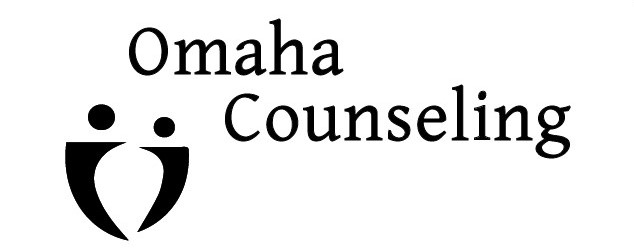Mark Zuckerberg, chairman, chief executive, and co-founder of Facebook, has been in the news recently because of an announcement he made regarding his wife’s pregnancy. Zuckerberg said that after his wife gives birth to their first child, he will be taking a two-month paternity leave. This announcement stunned many in the business community as well as those in other careers.
“Studies show that when working parents take time to be with their newborns, outcomes are better for the children and families,” Zuckerberg wrote. At Facebook, U.S. employees are offered up to four months of paid paternity leave that they can take throughout the year.
In August, Netflix also stunned the United States when they announced that they would be offering up to 12 months of paid paternity leave for its salaried employees to use at their own discretion. As far as hourly workers go, they will also get paid paternity leave, ranging from 12-16 weeks depending on which division they work in.
Netflix and Facebook are making huge strides by offering paid paternity leave because not many jobs offer that kind of pay and that kind of time off. Under the Family and Medical Leave Act (FMLA), many employers are required by federal law to allow their employees (both male and female) 12 weeks of unpaid family leave after the birth or adoption of a child. At the end of your leave, your employer must allow you to return to your job (or a similar job) with the same benefits, salary, seniority, and working conditions.
Often, leave after a child is born is typically thought of as a women’s issue, but that isn’t the case anymore. According to the DOL Policy Brief on Paternity Leave, two million fathers in the United States were stay-at-home dads in 2012. Policies that let fathers prioritize their family responsibilities while also letting them meet work demands can greatly impact the personal and economic well-being of their families. Longer leaves can promote parent-child bonding, improve outcomes for children, and increase gender equity at home and in the workplace.
Bringing a new child into your family, whether it be your first child or your fifth, can be a difficult transition. If you and your partner are having difficulty, ask your doctor for help. Your doctor will be able to refer you to a support group, offer advice, and/or refer you to a therapist who you can talk through any concern.
Paid parental leave for fathers, as well as for mothers, provides a real advantage to working families. What are your thoughts on the topic? Do you think more companies will follow Facebook and Netflix and begin offering better options for paternity leave? Let us know in the comments section. If you’d like to set up a time to meet up with Reka, you can contact her by phone at 402-881-8125, by email at reka@omaha-counseling.com, or via Twitter or Facebook.
—
photo credit: DSC_0076.JPG via photopin (license)


